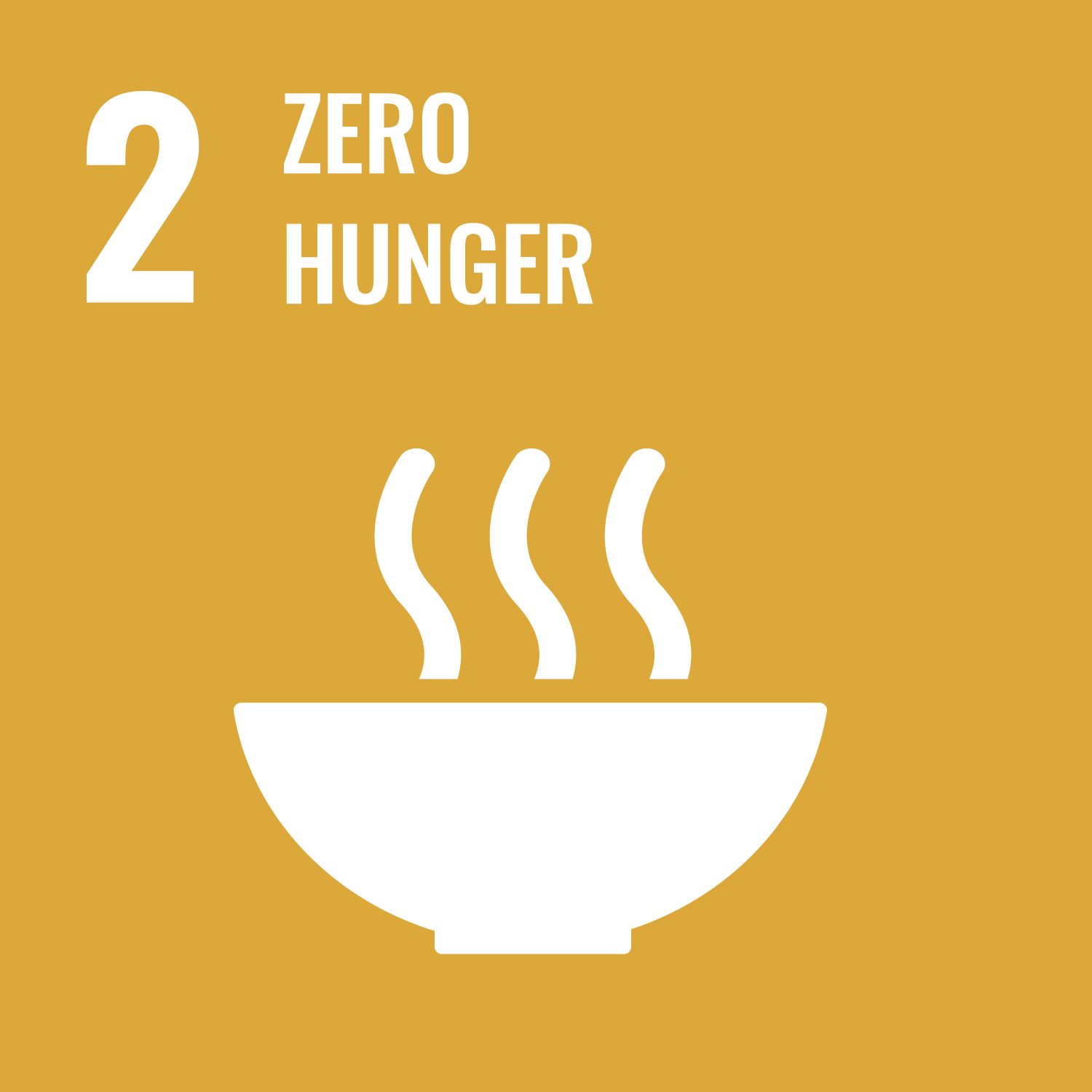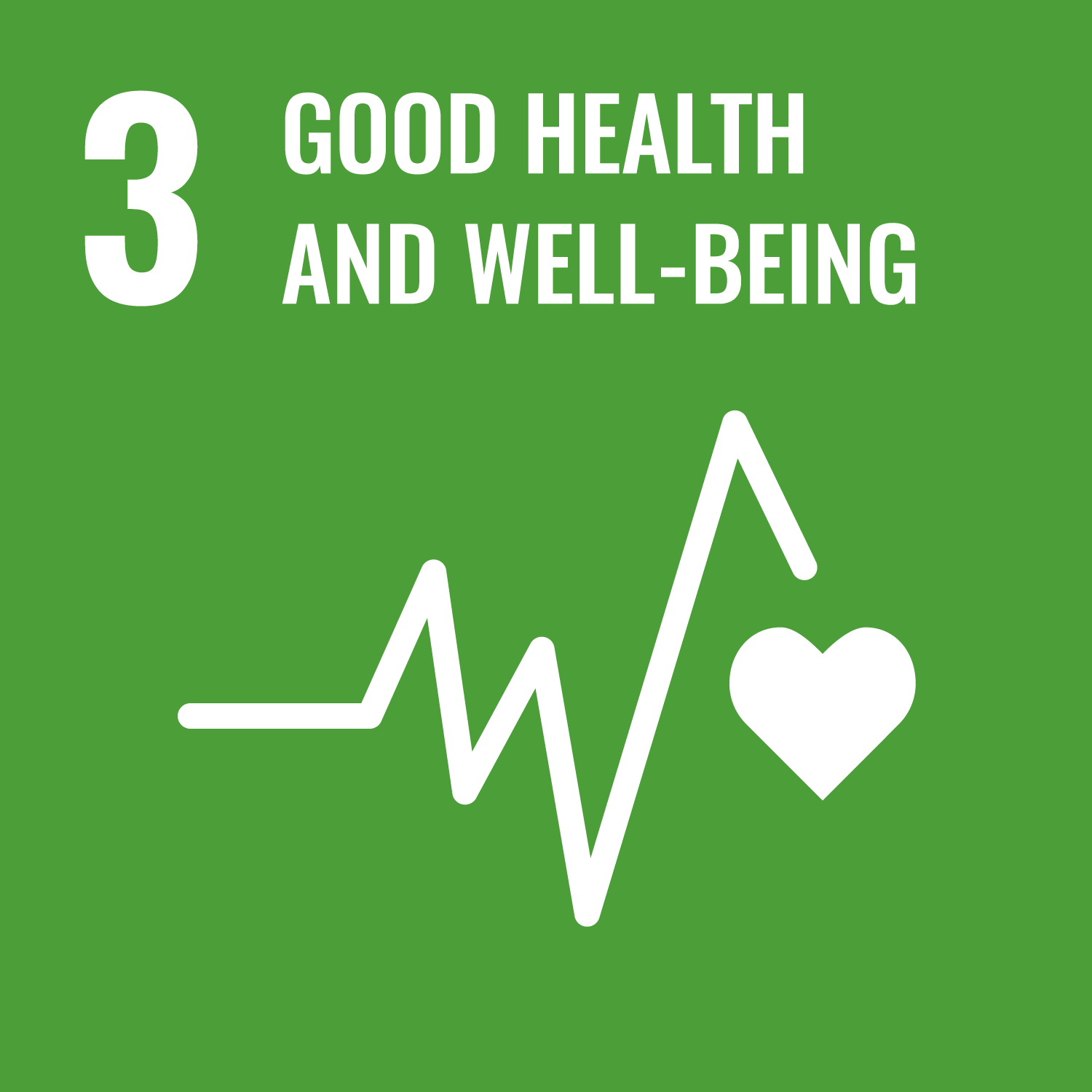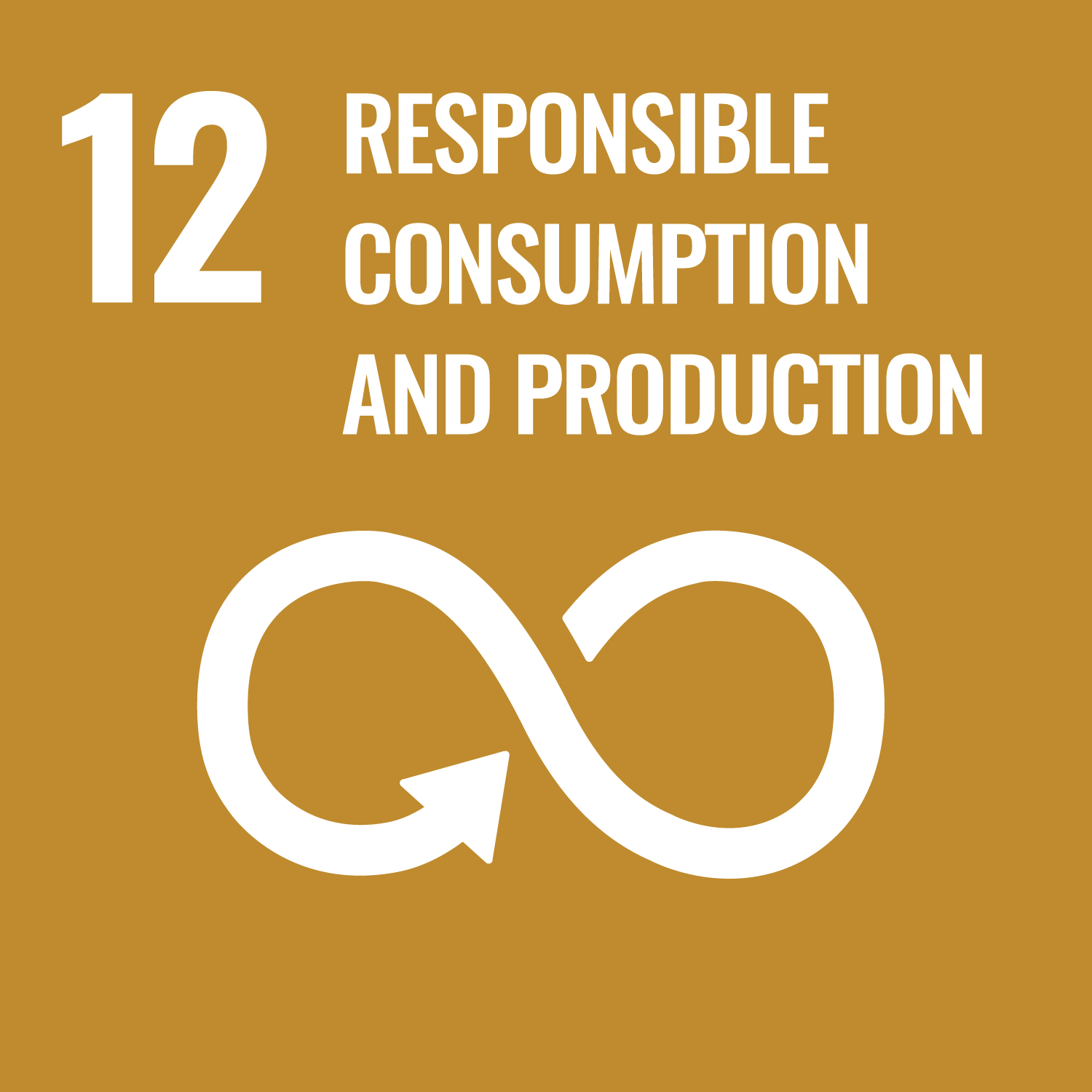Safe medicinal treatment of production animals, environmental protection and reduction of national drug wastage

Safe medicinal treatment of production animals

2.1 End hunger by 2030 and ensure that everyone, especially the poor and the disadvantaged, including young children, receive enough safe and nutritious food throughout the year.
Challenge
Safe and effective medicines are needed for the treatment of production animals in for the appropriate prevention and treatment of animal diseases. Only medicines for which the safety of residues has been studied may be used for production animals. The excessive use and misuse of antimicrobials (antibiotics) in both humans and animals increases the risk of developing antimicrobial resistance and poses a threat to human and animal health worldwide.
Fimea’s role and objective
Fimea grants marketing authorisations for veterinary medicines after assessing their efficacy, safety and quality and monitors the adverse effects of veterinary medicines, including any notifications of insufficient withdrawal periods. The availability of veterinary medicines is also promoted by granting special permits or exemptions. In addition, Fimea monitors the wholesale of veterinary antimicrobials and reports on this to the European Medicines Agency and publishes the results of the monitoring annually in a joint report with the Finnish Food Authority and the University of Helsinki.
How the successful attainment of the objective is promoted
The safe pharmacotherapy of farm animals will be promoted in the following ways:
- By assessing and granting marketing authorisations for veterinary medicines. The product-specific withdrawal times for medicines for production animals and the risks to the user or the environment arising from the use of the product are assessed during the marketing authorisation process. Where necessary, instructions will be added to the product information to minimise risks.
The availability of veterinary medicines will be ensured by means enabled by the Veterinary Medicinal Products Regulation, for example by granting special permits and exemptions for veterinary medicines.
In accordance with the EU pharmaceutical strategy and Finland's National Action Plan on Antimicrobial Resistance, Fimea participates in the control of antimicrobial resistance:
- The principles of controlled antimicrobial use are taken into account in marketing authorisation processes for veterinary medicines.
- In order to promote the preservation of the efficacy of antimicrobials, Fimea strives to safeguard the availability of old narrow-branded antimicrobials.
Case example: Fimea works to ensure the controlled use of antimicrobials in animals
In Finland, the use of certain antibiotics in animals has been restricted or prohibited for several decades. In February 2023, the same practice was extended to the territory of the European Union, when the use of 18 antibiotics, 18 antivirals and one antiprotozoal in animals was banned across the EU. Fimea was actively involved in the negotiations on the content of the Veterinary Medicinal Products Regulation. The primary purpose of the prohibition is to protect newer and broad-spectrum antimicrobials and to maintain their effectiveness for the protection of human health. The EU's policy has also served as a vanguard in the fight against antimicrobial resistance for the rest of the world.
Of the substances on the list, only one was used in Finland in the treatment of companion animals and none in the treatment of production animals. This indicates the responsible use of antimicrobials by Finnish veterinarians, the investments of the industry to maintain the health of farm animals and good production conditions, and the consistent and successful work of the authorities in guiding the use of antimicrobials.
Protection of the environment and reduction of national pharmaceutical waste
UN Sustainable Development Goal 3:

3.9 By 2030, significantly reduce deaths and diseases caused by hazardous chemicals and air, water and soil contamination and pollution.
UN Sustainable Development Goal 12:

Challenge and goals
Pharmacotherapy is a key part of the treatment of illnesses. Successful pharmacotherapy can be used to prevent and cure illnesses, alleviate symptoms and slow down the progression of illnesses. Pharmacotherapy serves its purpose when the user uses the medicines that they need and uses them according to instructions, at the right time and at suitable doses.
| Year Sort the table ascending by the column | 2017 Sort the table ascending by the column | 2018 Sort the table ascending by the column | 2019 Sort the table ascending by the column | 2020 Sort the table ascending by the column | 2021 Sort the table ascending by the column | 2022 Sort the table ascending by the column |
|---|---|---|---|---|---|---|
| Pharmacies | 616 | 618 | 623 | 626 | 632 | 637 |
| Medicine sales transactions* | 61 250 | 63 300 | 65 668 | 67 120 | 71 476 | 75 301 |
| Medicine sales transactions, per inhabitant** | 11,1 | 11,4 | 11,7 | 12,1 | 12,9 | 13,5 |
| Medicine sales transactions, per prescriber*** | 1 824 | 1 874 | 1 857 | 1 893 | 1 966 | 2 020 |
* Includes human and veterinary medicines x1000..
** Medicine sales transactions in pharmacies, subsidiary pharmacies, pharmacy service points and online pharmacy services.
*** With a prescription issued by a physician, dentist, veterinarian or, in certain cases, a nurse.
An indicator of consumption per kilogram is under development.
Source: Finnish Statistics on Medicines 2023.
Pharmacies’ medicine sales transactions in 2017-2022 in an accessible format (pdf).
In practice, rational pharmacotherapy is not always realised. According to research data, only about one third of medicinal treatments are carried out as planned. Outdated and unused medicines produce a lot of pharmaceutical waste every year; waste is disposed of by incineration. Materials and energy used in the life cycle of the medicine that was not used have been wasted.
For this reason, attention must be paid to the appropriate manufacture, packaging and package size, transport, use, storage and disposal of the medicine or medicinal product. The packaging material and method are primarily chosen so that it is appropriate and adequately protects the product. The packaging must also be as easy to use as possible and safe for transport, storage and children. Due to the quality requirements, recyclable packaging materials have so far not been suitable for the packaging of medicines. Pharmaceutical residues may also be a challenge in the recycling of used pharmaceutical packaging. In Finland, the correct disposal of medicines is supervised by regional administrative authorities, Centres for Economic Development, Transport and the Environment and the Finnish Environment Institute. The environmental impact of medicinal products used in humans and animals is assessed at the time the producer applies for a marketing authorisation.
Fimea’s role
Fimea promotes rational pharmacotherapy to safeguard the health of the population and develops and seeks new perspectives and innovative practices for the pharmaceutical sector.
How the successful attainment of the objective is promoted
Fimea promotes environmental protection in ways including the following:
- An environmental risk assessment (ERA) of the active substance of the medicine is performed as part of the marketing authorisation application process.
- Where necessary, various risk management measures will be taken to reduce the environmental risks posed by medicines used in humans.
- A negative ERA assessment of a veterinary medicine may lead to the rejection of a marketing authorisation application.
- Appropriate package size is assessed in connection with a medicine's marketing authorisation application process.
- Fimea’s environmental working group consisting of experts participates in commenting on regulations, instructs operators from the environmental perspective and provides preventive advice.
- Inspections carried out at hospital pharmacies and pharmaceutical centres as well as contract manufacturing pharmacies, observations are made on deficiencies related to pharmaceutical waste and it is supervised that the deficiencies are corrected appropriately.
- Fimea-performed inspections at pharmaceutical manufacturing plants also include an assessment on the treatment of pharmaceutical waste.
- The use of certain metals, plastic softeners and flame retardants in electrical and electronic equipment is restricted (RoHS Act). Fimea acts as the supervisory authority for the RoHS Act, i.e. inspects, guides and advises operators of medical products.
In 2023:
- New content was created in the For public section of the Fimea website. This content describes the environmental impacts of medicines and the correct disposal of medicines. The website provides a description of how pharmaceuticals end up in the environment and their impact on it. It explains how the environmental criteria of medicines are taken into account in the different stages of a medicine's life cycle, how pharmaceutical and packaging waste is reduced and handled, and how each consumer can have a concrete influence the environmental impacts of medicines.
- Fimea participated in the activities of the European Commission's Ad hoc Working group (Working group to focus on the EU strategic approach on pharmaceuticals in the environment, pdf) and in the APRIORA project (Improved risk assessment for strategic water management to reduce micro-pollutant emissions in the Baltic Sea Region) as a partner. Fimea also provided expert assistance and acted as a mediator in the SUDDEN and Generation Green projects.
Fimea has aimed to reduce pharmaceutical losses at the national level in ways including:
- Supporting the implementation of rational pharmacotherapy:
- Rational pharmacotherapy aims to improve the health of patients and reduce the amount of pharmaceutical waste.
- Correct practices and correct information can be used to support the success of the patient's pharmacotherapy and to reduce the use of unnecessary medicines.
- By supervising the fulfilment of the obligation to store a medicines reserve and, if the prerequisites are met, granting exemption for a mandatory reserve.
- The number of medicines in the mandatory reserve is calculated on the basis of the previous year's consumption of medicines. Sometimes there are significant changes in pharmaceutical consumption, for example due to changed treatment practices, in which case the amount of medicine in the mandatory reserve is too large or a reserve is completely unnecessary. In these situations, the party subject to the mandatory reserve obligation may be granted an exemption, in which case the medicinal products can be taken elsewhere if necessary.